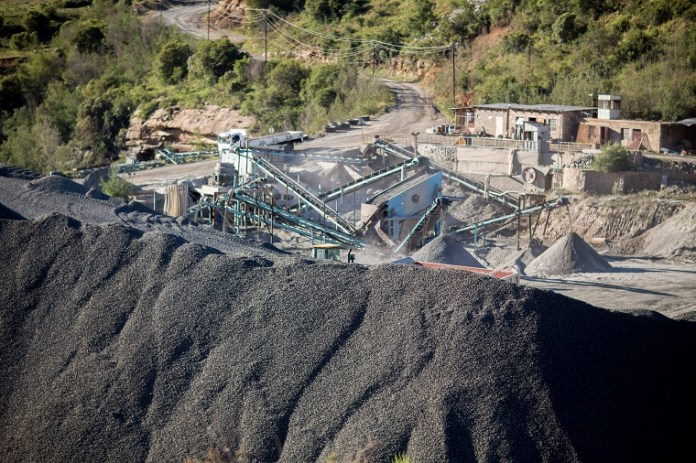Although the South African economy grew by 1,5% in the fourth quarter of 2020, this was only due to eight out of ten industries experiencing a slight increase in revenue, says Statistics South Africa. South Africa’s overall economic activity for the entire year decreased by 7,0% in 2020 compared to the figures for 2019. The South African Reserve Bank notes this as the largest annual fall in economic activity the country has seen since 1946.
Mining is one of the industries that have seen a slump since the start of the Covid-19 pandemic and negatively impacted our economy. According to the Minerals Council South Africa, mining provides the single greatest part of South Africa’s export revenues and employs more people than any other comparable sector directly and indirectly. Yet, we have seen commodities prices decline for South Africa’s biggest minerals: gold, platinum and coal. The World Bank indicates that gold prices depreciated globally during the period from October to December 2020 from US$ 1,875 to US$ 1,858 per troy ounce (toz). Although seemingly not drastic, this weakening has a major effect on the industry both worldwide and locally in terms of tons sold. Coal prices also dropped, as the demand for power decreased due to Covid-19, and the surge in renewable energy continued.
The mining industry in South Africa has to contend with ongoing uncertainty due to the pandemic and budgets have been cut. However, there are also current opportunities for the mining sector. One of these lies in adopting digitised systems for the documentation of safety management systems to meet safety, health, environment and quality (SHEQ) standards. When commenting on the top 10 business risks facing mining and metals in 2021, the global accounting firm Ernest & Young (EY) noted that there were indications of growing digital confidence among miners, and that digital systems are becoming ‘business as usual’ at large mining outfits.
In terms of eLearning, their system ‘streamlines these crucial components but also keeps track of miners’ training adherence to strict health and safety (SHEQ) training requirements,’ explains Michael Hanly, Managing Director of New Leaf Technologies, a Johannesburg-headquartered learning software and solutions company. The benefits of eLearning in the mining industry lie in its adaptability to fit mining companies’ budgets and needs, and in allowing this sector to keep up with an ever-growing list of requirements from the Department of Mineral Resources – with quicker turnaround times.
New Leaf Technologies has some prominent eLearning clients in the mining and metals sector. This includes one of South Africa’s largest and foremost black-empowered resource companies (a leading coal producer), as well as the world’s second-largest metals and mining corporation, and an independent global organisation of engineers and scientists who provide consulting services to natural resource industries.
The local mining sector employs an estimated 460 000 people, yet 86% of these employees have very little formal education. This is where eLearning can play a huge role in elevating skills and making SHEQ far more accessible and manageable.
Hanly clarifies that they help the mining sector by taking their biggest challenges (notably budget), working with the many employees who have not graduated from high school, and streamlining courses if they have several operations scattered around the country. Another positive element of eLearning is that companies no longer having to fly in trainers, while it also reduces the number of off-the-job time employees needed for training.
‘eLearning now gives mining companies the opportunity to ensure that course material is engaging and easily absorbed through captivating multimedia – combining words and graphics, and ensuring these are memorable and stimulating,’ says Hanly.
The courseware, which can be designed and scaled according to a company’s needs, can also be updated on an internet-based Learning Management System (LMS) licensed to a mining company and accessed by employees anywhere in the world. An LMS system can be set up on a company’s premises and accessed remotely, provided the employee has a reasonable internet connection. ‘New Leaf Technologies strives to help the mining sector see that digitisation is a positive and not a threat, and to keep them in the forefront of their industry,’ concludes Hanly.












